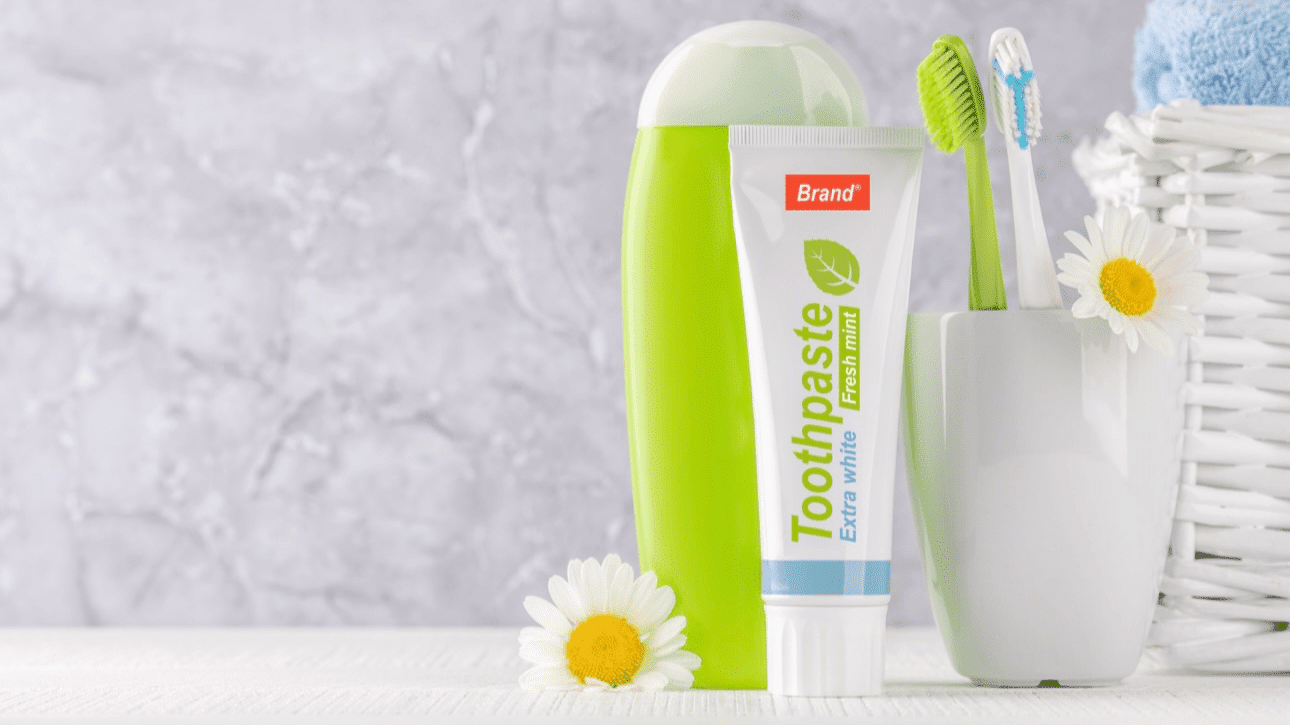The Toothpaste Pregnancy Test: Myth or Reality?
When it comes to pregnancy testing, there are numerous methods available, including home pregnancy tests and medical laboratory tests. However, there is a popular DIY method known as the “toothpaste pregnancy test” that has gained attention on various online platforms. This test claims to determine pregnancy by using toothpaste as a chemical indicator. In this article, we will explore the toothpaste pregnancy test, discuss its validity, and provide insights into reliable pregnancy testing methods.
Understanding the Toothpaste Pregnancy Test
The toothpaste pregnancy test involves mixing urine with toothpaste and observing any changes in consistency or color. Proponents of this method claim that if the toothpaste mixture froths or turns blue, it indicates a positive pregnancy result. On the other hand, if no changes occur, it suggests a negative result. The test is based on the idea that the hCG hormone, which is typically present in pregnant women’s urine, reacts with the chemicals in toothpaste, causing a visible reaction.
Validity of the Toothpaste Pregnancy Test
It is essential to note that the toothpaste pregnancy test is not scientifically proven or endorsed by medical professionals. The accuracy and reliability of this test have not been established through rigorous scientific studies. It is considered a myth or an unreliable DIY method for determining pregnancy. Relying solely on the toothpaste pregnancy test can lead to false results and potentially cause unnecessary confusion or anxiety.
Reliable Pregnancy Testing Methods
1. Home Pregnancy Tests
Home pregnancy tests are widely available and accessible at pharmacies or grocery stores. These tests detect the presence of the hCG hormone in urine. They typically involve collecting a urine sample and placing a few drops onto a test strip or into a collection cup. The test strip or cup contains chemicals that react to hCG, producing a visible result. It is important to follow the instructions provided with the test kit carefully and conduct the test at the appropriate time for accurate results.
2. Blood Tests
Blood tests for pregnancy are considered the most reliable method for determining pregnancy. These tests are conducted at medical facilities or laboratories and can detect hCG levels in the blood. There are two types of blood tests: qualitative and quantitative. Qualitative tests confirm the presence of hCG in the blood, while quantitative tests measure the exact amount of hCG. Healthcare professionals recommend blood tests for confirmation or in cases where home pregnancy test results are inconclusive.
3. Consultation with a Healthcare Professional
If you suspect you may be pregnant or have concerns about the accuracy of a pregnancy test, it is advisable to consult with a healthcare professional. They can provide guidance, perform a thorough evaluation, and recommend appropriate testing methods based on your individual circumstances. Healthcare professionals have access to reliable medical tests and can interpret the results accurately, it provides you with the most accurate information and support.
The Importance of Accurate Pregnancy Testing
Accurate pregnancy testing is crucial for making informed decisions regarding prenatal care, lifestyle adjustments, and potential medical interventions. Relying on unproven or unreliable methods, such as the toothpaste pregnancy test, can lead to unnecessary stress, confusion, and delays in seeking appropriate medical care.
If you suspect you may be pregnant, you can:
1. Use a reliable home pregnancy test kit following the instructions provided.
2. Seek medical advice and consultation if you have concerns or receive inconclusive results.
3. Consider visiting a healthcare professional for a blood test to confirm pregnancy.
While the toothpaste pregnancy test may seem like a convenient and cost-effective DIY method, it is not a reliable or scientifically proven method for determining pregnancy. Accurate and reliable pregnancy testing is essential for making informed decisions regarding prenatal care and lifestyle adjustments. It is advisable to use approved home pregnancy test kits or consult with a healthcare professional for accurate results and appropriate guidance.











